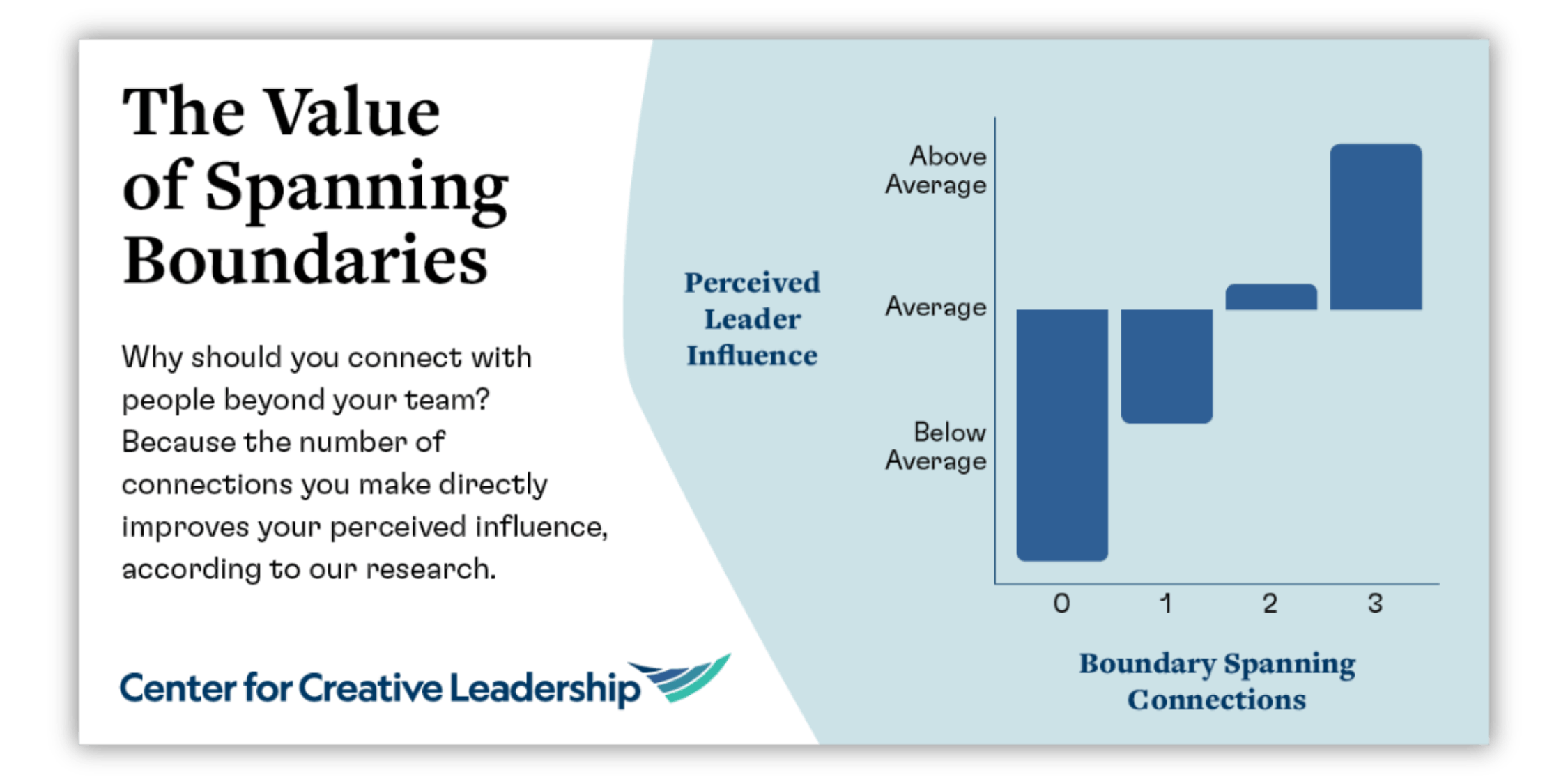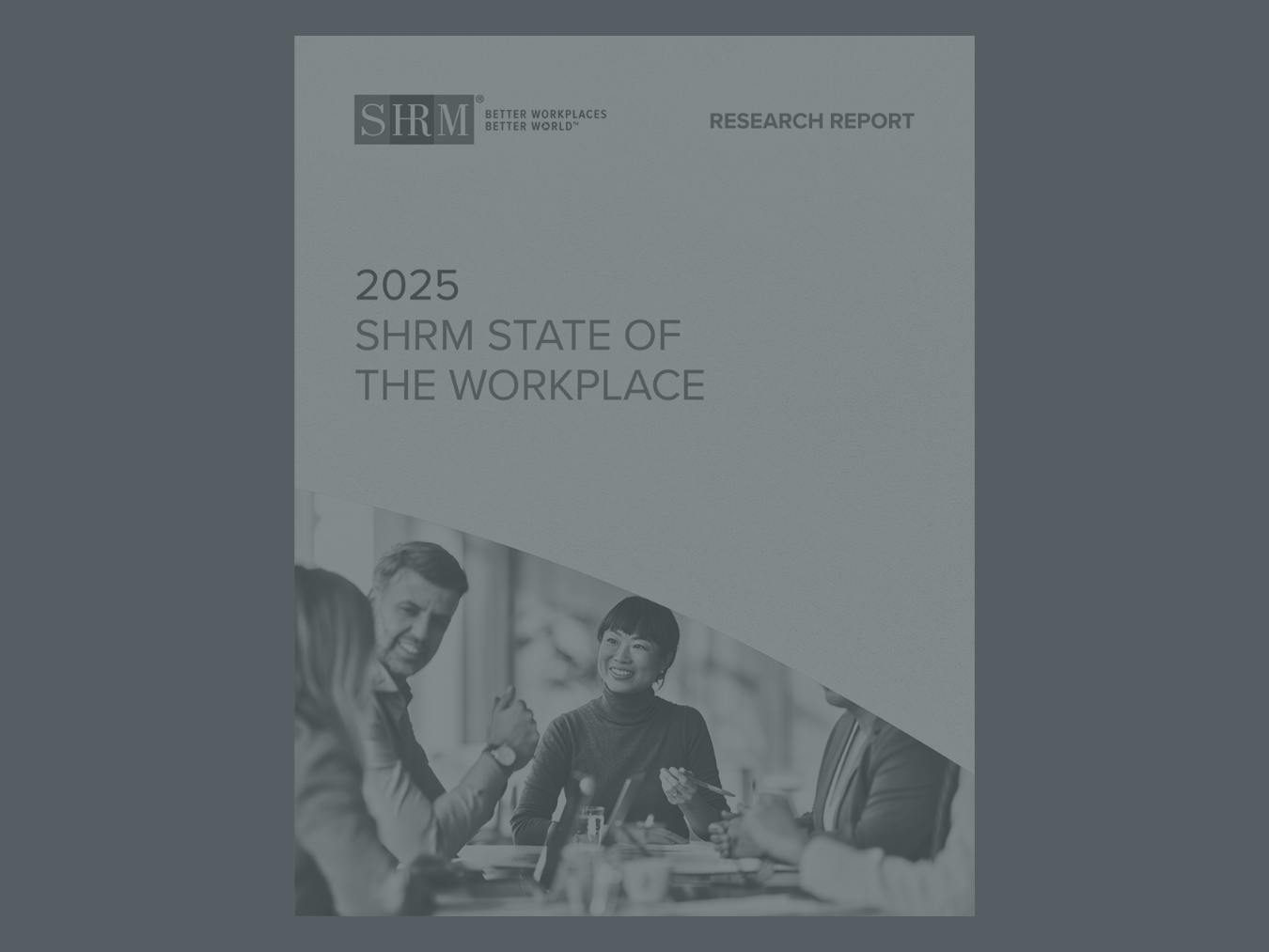
What We're Learning | April 2025
Here's what the Leading Edge team is learning about culture, executives, and boards this month.

Why You Should Collaborate Across Boundaries
Today’s organizations are complex and deeply interconnected, making it essential for leaders to look beyond their own teams and functions. Those who span boundaries — across departments, levels, stakeholder groups, geographies, and identities — are better positioned to drive innovation, agility, and results. Still, while 86% of senior executives say this kind of collaboration is “extremely important,” only 7% feel very effective at it. Closing the gap starts with building the skills to manage difference, create alignment, and work toward shared purpose across divides.
READ MORE
CULTURE

Report: 2025 SHRM State of the Workplace
In 2024, HR departments navigated rapid change, political and economic uncertainty, and the evolving nature of work. This report explores HR’s role during a transformative year, highlighting achievements and areas for growth. Based on insights from 1,615 HR professionals, 238 executives, and 471 U.S. workers, the findings reflect a broad view of HR’s effectiveness across 16 practice areas.
READ MORE

The Moralization of Intrinsic Motivation: How Loving Work Became a Moral Imperative
In today’s workplace culture, there’s growing pressure not just to do your job well, but to love it. Passion is treated as a virtue, while practical motivations can be quietly judged. While this mindset can inspire fulfillment, it also creates pressure and reinforces bias. Rethinking what we value in work and in each other means making space for a wider range of motivations — and a more inclusive idea of what it means to be a good worker.
READ MORE
EXECUTIVES

How to Strategize in an Out-of-Control World
Company performance is increasingly shaped by external shocks — especially political ones. Recent volatility has made it clear that strategy can’t focus solely on markets and operations; leaders must now account for unpredictable policy shifts. This article offers a playbook for navigating political risk: observe and anticipate emerging trends, choose when and how to engage, prepare for disruption, and adapt faster than peers to find opportunity in uncertainty.
READ MORE

To Leverage Employee Passion, Save It for When It Counts
Passion drives performance — but it also takes a toll. New research shows that while passion can spread within teams and boost motivation, it can lead to emotional exhaustion, pressure to conform, and burnout. Passion doesn’t benefit everyone equally either: men are more likely to be rewarded for showing it, while women’s passion is often viewed as less appropriate or impactful. Leaders should recognize that passion needs to be managed — not constantly tapped — and that rest, recovery, and fairness matter.
READ MORE
BOARDS

Resource: Centering Purpose in Times of Change: A Guide for Purpose-Driven Boards
Purpose-Driven Board Leadership (PDBL) offers a framework to help boards navigate decisions — especially in times of uncertainty — by refocusing on mission, values, and the broader ecosystem. Instead of reactive, fear-based choices, boards are encouraged to ask deeper, purpose-centered questions about finances, staffing, belonging, and long-term impact. It’s a call for boards to lead with greater clarity, intention, and accountability to the people and communities they serve.
READ MORE

A diagnosis for the Jewish future: Andrés Spokoiny’s address to JFN 2025
In a powerful keynote, Andrés Spokoiny (President & CEO of the Jewish Funders Network) diagnoses Jewish communal life with three “diseases”: denial of dysfunction, obsession with decline, and paralysis by fear. He calls on Jewish leaders and funders to reject fatalism and lead with vision, responsibility, pride, and empathy. Leadership today, he argues, requires learning, collaboration, and the courage to imagine a future worth building — one defined not by fear or reaction, but by purpose and possibility.
READ MORE
About the Author

Leading Edge mobilizes Jewish organizations to become places where great people deliver great impact.
Loading footer...


